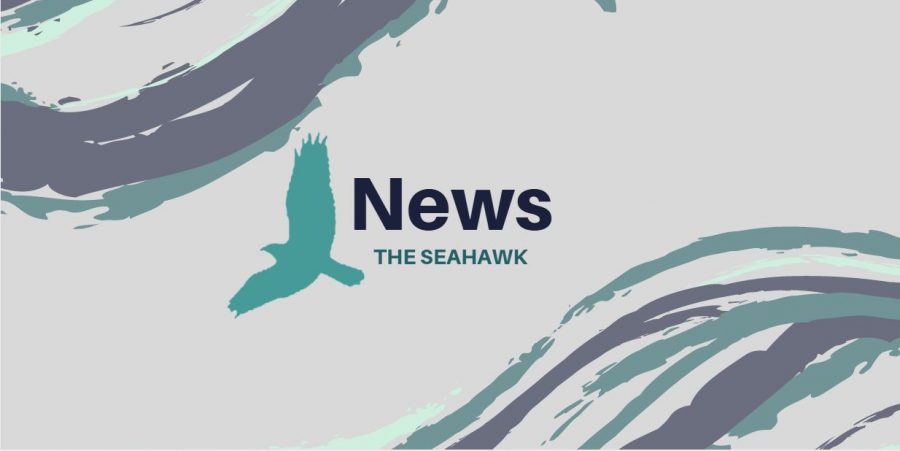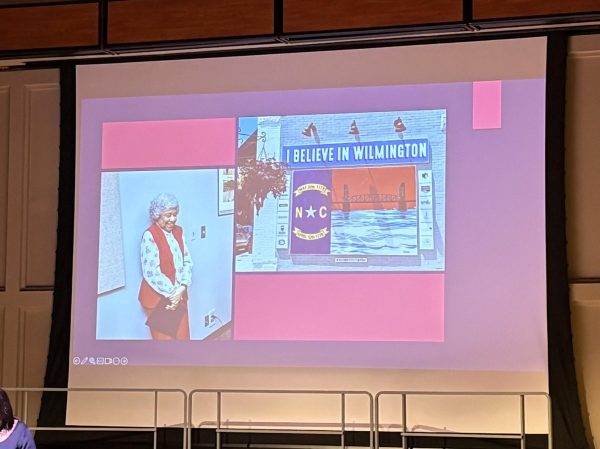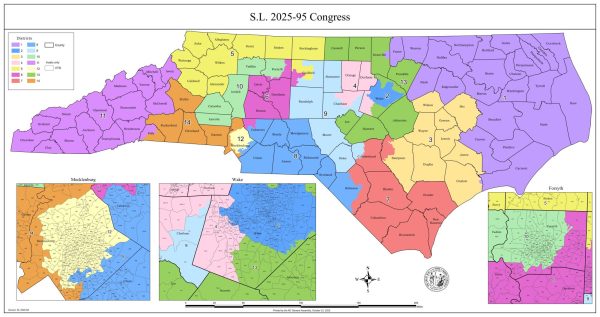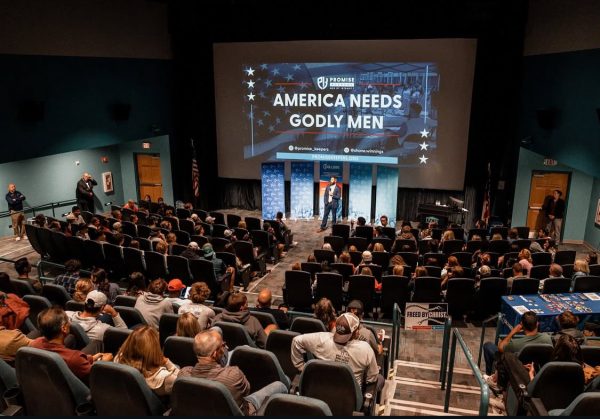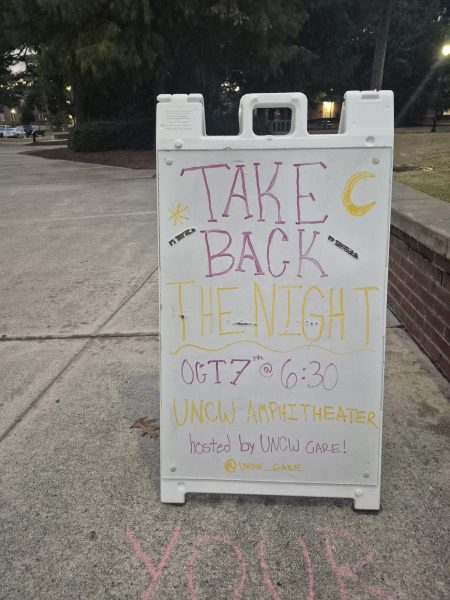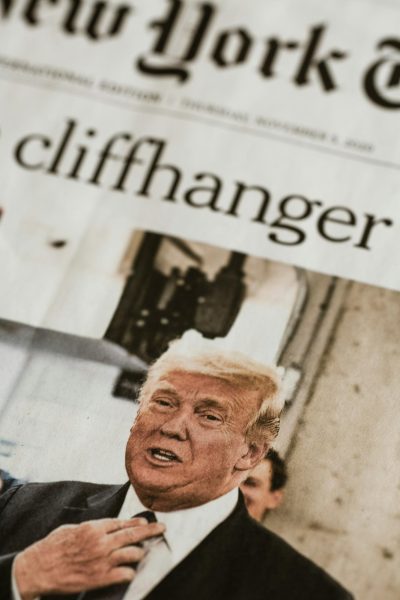Uber responds to press concerning treatment of female employees
In recent months, Uber, the ride share app particularly popular among college students, has attempted to combat negative press concerning the company’s treatment of females and a lack of diversity within the corporation. Many grew concerned regarding the company’s human resource practices after a former employee, Susan Fowler, released a lengthy blog post detailing her time at Uber.
She claimed to have been sexually harassed by her direct supervisor and that the human resources department ignored her claims. When Fowler wanted to transfer, she expressed having difficulty.
“I pointed out that I was publishing a book with O’Reilly [an American company that publishes books and websites], speaking at major tech conferences, and doing all of the things that you’re supposed to do to have an ‘upward career trajectory,'” Fowler said, “but they said it didn’t matter and I needed to prove myself as an engineer. I was stuck where I was.” The post can be found at susanjfowler.com.
When Fowler joined Uber, 25 percent of the company’s workforce was composed of women. When she left, this number had declined to 6 percent. Uber Chief of Human Resources Liane Hornsey has publicly thanked Fowler for bringing attention to the issues mentioned in her blog post.
Now Uber is under new management. In June, U.S. Attorney General Eric Holder released 47 recommendations on how Uber could improve its workplace after leading an international investigation. Ultimately these responsibilities fall in Hornsey’s lap. Among these recommendations were mandatory leadership-training sessions, additional human-resources staff, blind resume review and the establishment of an in-house diversity advisory board. Holder also requested that the company review its 14 cultural values.
“The Board should consider incorporating ethical business practices, diversity and inclusion, and other values from Uber’s Business Code of Conduct into its executive compensation program,” he said. “Experience shows that compensation provides a powerful tool for creating incentives for behavior, and reinforcing a company’s values.”
Hornsey is bringing her experience with Google and the executive team of SoftBank to the company.
“With LinkedIn and Google,” Hornsey said in an interview with the Wall Street Journal, “it’s really hard to do blind résumés. I don’t know how I blind [myself from the fact] that you’re a woman or a man once I get to the interview process. We’re pretty far advanced compared with the other companies in trying to mask résumés as best as we can.”
Along with making sure that interviews do not take race or gender into consideration, Uber also wishes to have a higher percentage of women interviewers for the hiring process and to reach out to more diverse areas.
In New York, a city reigned by traditional cab companies, Uber usage has gone up exponentially in the past calendar year. According to the New York Times, August Uber pickups rose from 1,189 rides a week in 2016 to 6,132 rides in 2017.
Rev. W. Franklyn Richardson of Grace Baptist Church in Westchester County welcomed the spark in the cab-hailing application usage.
“It gives safe transportation to people in communities where the cabs don’t stop, where the color of your skin prohibits you from access,” he said in an interview with the New York Times.
New York is not the only city where Uber is expanding its access of service. In California, where Uber concentration has primarily been in downtown areas and the central business district, users are now seeing service in outlying neighborhoods and suburbs.
“We’re breaking down our whole process around hiring to make sure at every opportunity there is no bloody chance of bias,” Hornsey said. “I just don’t want it.”
Uber’s new CEO Dara Khosrowshahi was hired in August of 2017. He was previously the CEO of Expedia and the highest-paid executive in America in 2015 according to Equilar. Hornsey is confident that he will directly address issues of diversity.
“He’s done an incredible job with his team,” Hornsey said. “He talked about how his aim was to have 50/50 representation at every level in the organization.”
Media mogul Barry Diller was a client of Khosrowshahi’s when he worked as an analyst for Allen & Company and later with Expedia.
“He’s devoted 12 great years to building this company and if this is what he wants for his next adventure it will be with my best wishes,” Diller said in an email to all Expedia employees.


